
Tesco PLC Sponsored ADR (TSCDY)
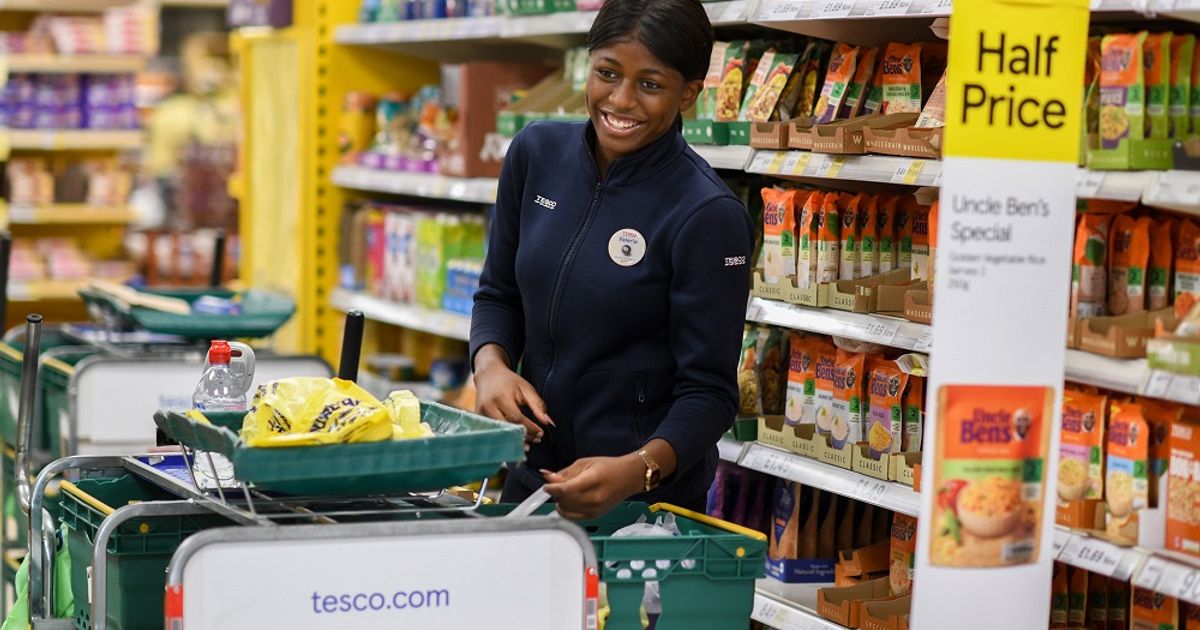
Tesco: A rundown of the results; steady if unspectacular
Tesco PLC (LSE:TSCO) has served up results that were solid rather than sparkling, but enough to keep the tills ringing for shareholders. The supermarket giant yesterday raised its full-year profit guidance after reporting a first-half operating profit 6% ahead of City forecasts.

Tesco 'caps remarkable period' with profit beat and upgrade, say analysts
Tesco PLC (LSE:TSCO) shares rose 4% to 446p to top the FTSE 100 on Thursday morning after it upgraded guidance and was boosted by news of a potential tax break in the upcoming Budget. The supermarket giant reported an operating profit of £1.67 billion, which came in ahead of the £1.59 billion expected, while adjusted earnings per share of 15.4 pence also exceeded forecasts of 14.4 pence.
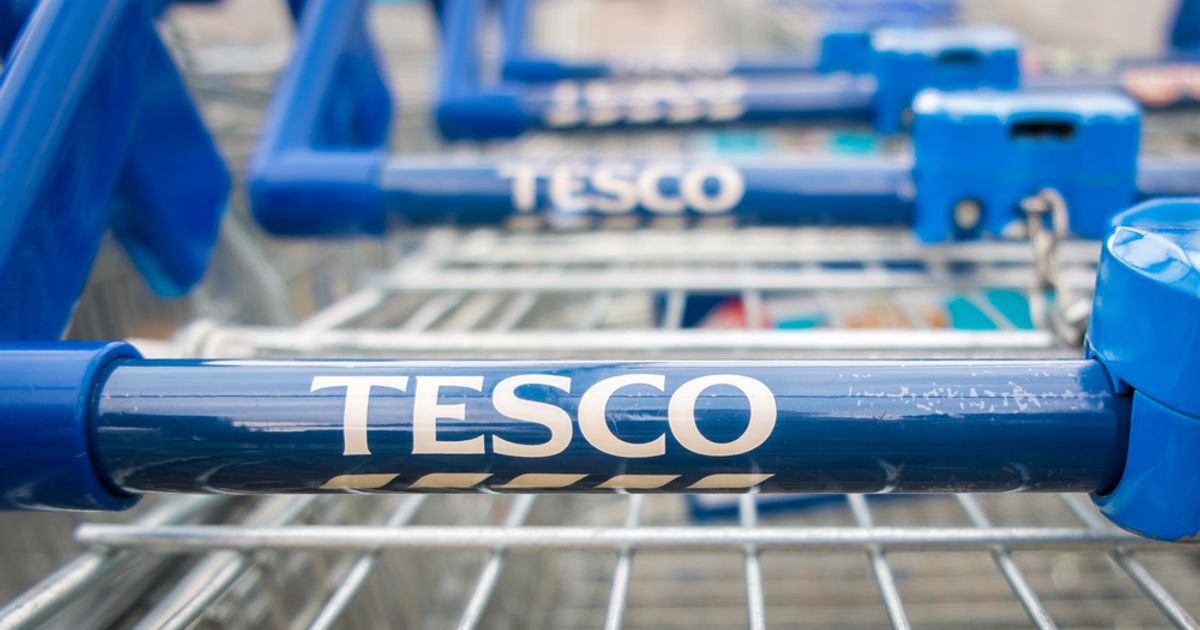
Tesco ups profit guidance as pricing plans go better than expected
Tesco PLC (LSE:TSCO) raised its full-year profit forecast after reporting 5.1% sales growth and a fall in statutory profits for the first half of its financial year. The UK's largest grocer increased sales, excluding VAT and fuel, to £33.1 billion in the 26 weeks to 24 August 2025, compared to £31.5 billion a year ago.

Are You Looking for a Top Momentum Pick? Why Tesco PLC (TSCDY) is a Great Choice
Does Tesco PLC (TSCDY) have what it takes to be a top stock pick for momentum investors? Let's find out.
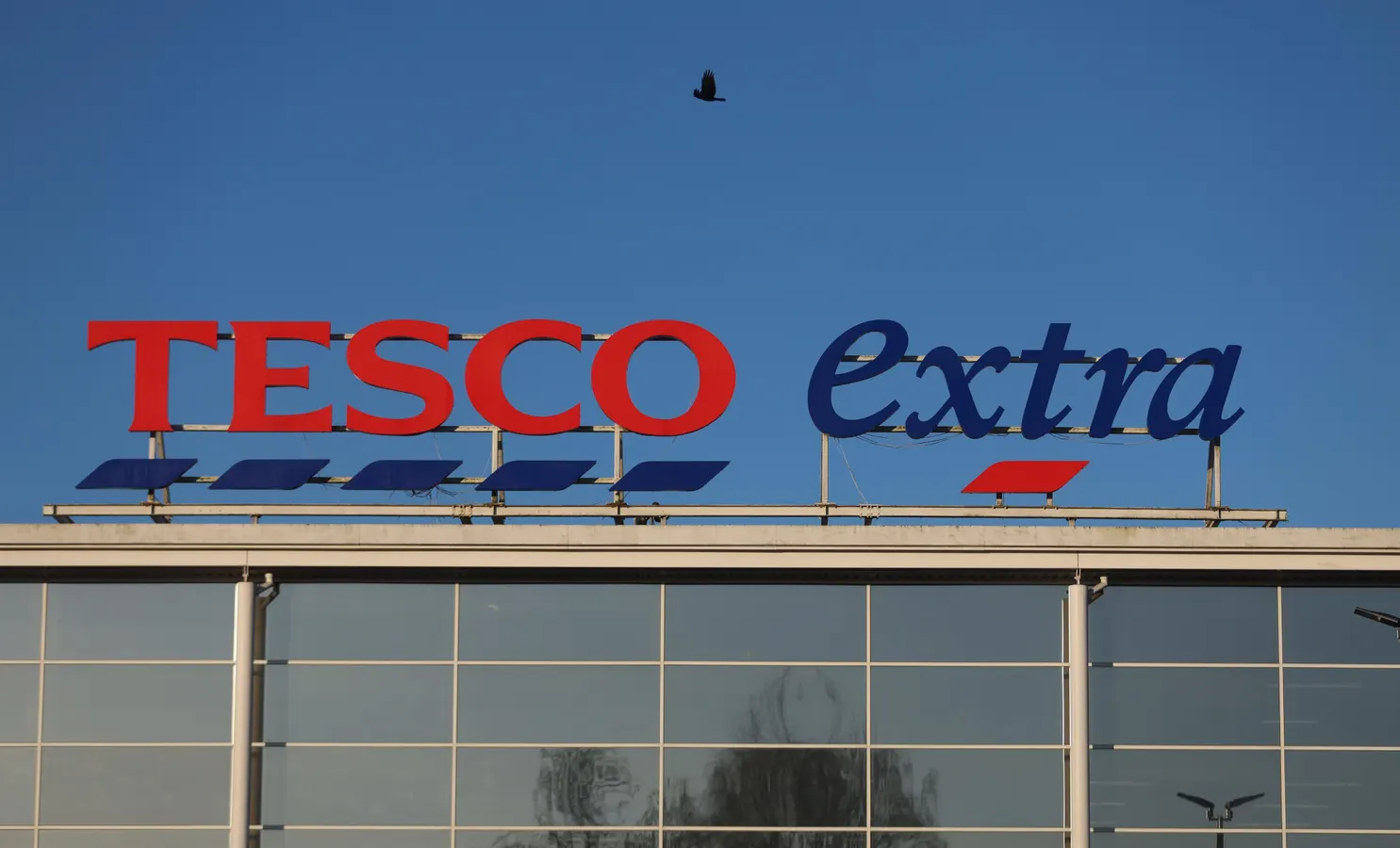
Tesco Share Price: Headed For Another Decade High?
The Tesco share price (LON:TSCO) has struck new decade highs on multiple occasions this year. With its interim results due tomorrow, here's what investors can expect, and what it would take for the stock to keep smashing its ceiling.

Tesco share price bearish divergence points to a pullback
Tesco share price has pulled back in the past few weeks as the recent rally took a breather. It retreated from the all-time high of 445p on September 8 to 433p today.

Tesco winning despite grocery prices softening as own-brand goods see stronger demand
Tesco PLC (LSE:TSCO) was the big winner in the latest round of supermarket industry data, with Asda the only 'big six' chain to see sales shrink in recent weeks. The monthly report from Worldpanel, formerly known as Kantar, grocery price inflation softened slightly to 4.9% from 5.0% last month, the second month in a row that prices have retreated after growing for a while.
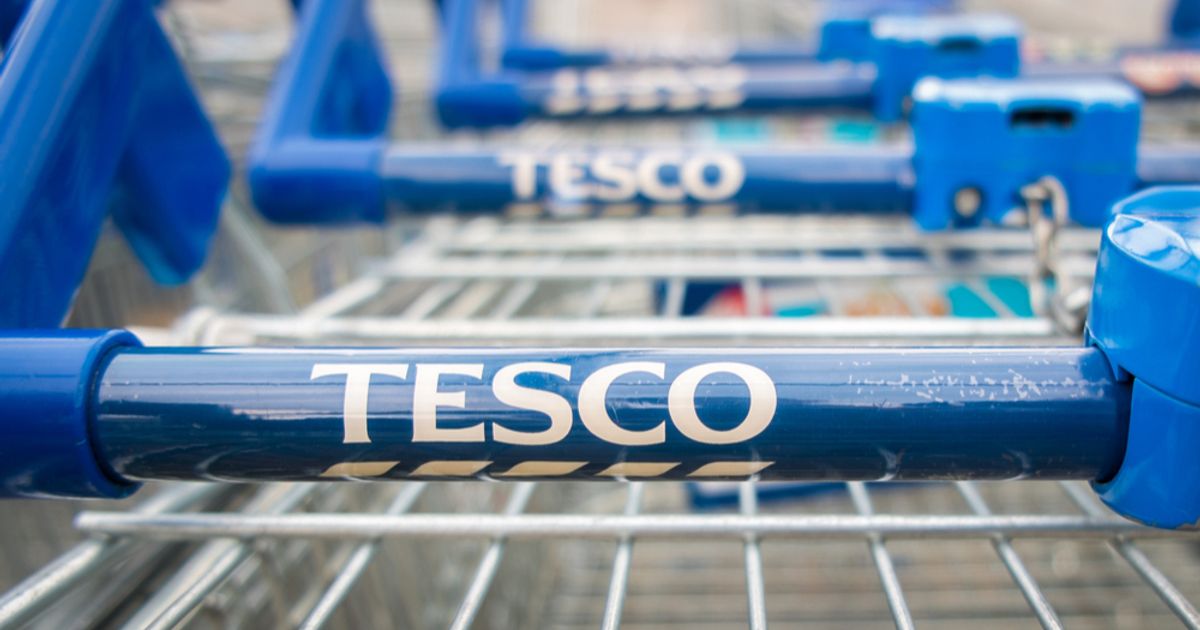
Tesco is a 'buy' as second half can raise cautious expectations - broker
Tesco PLC (LSE:TSCO) remains on Shore Capital's Buy list with analysts describing the UK supermarket operator as a “consummate cash compounder” heading into its interim results next month. Despite pressures from rising UK food inflation, competition from Asda and ongoing government cost headwinds, the broker believes Tesco's defensive investment strategy has supported relative price positioning and underpinned market share gains.
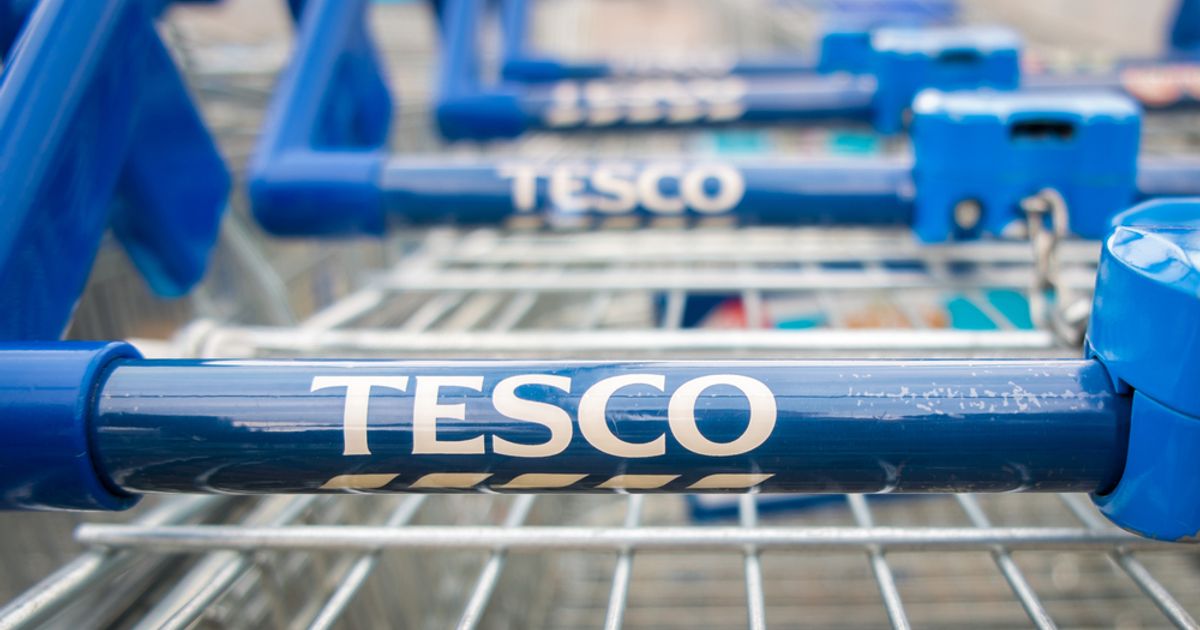
Tesco: Still more in the trolley
Tesco PLC (LSE:TSCO) turnaround story is no longer a secret, but investors might still be underestimating just how much further the supermarket giant can go. Analysts at JPMorgan have dusted off their shopping list and put Tesco back on Positive Catalyst Watch, their way of flagging potential near-term upside.

Tesco backed as a winner in the grocery wars
Deutsche Bank has started coverage on the UK's two biggest listed supermarkets, rating Tesco PLC (LSE:TSCO) a 'buy' with a target price of 470p and J Sainsbury PLC (LSE:SBRY) a 'hold' with a 310p target. It says the sector is facing ongoing competition and cost pressures, but the major players are holding their ground on value and market share.

Is Tesco gaining ground as food inflation edges higher?
Citi has given Tesco PLC (LSE:TSCO) a fresh vote of confidence following the latest round of industry data, arguing that the UK's biggest grocer is set to keep winning market share even as food prices rise. The American bank's team points to the latest Kantar figures, which showed grocery inflation picking up to 5.2% in the four weeks to mid-July, up from a 4.2% twelve-week average.

Are Investors Undervaluing Tesco (TSCDY) Right Now?
Here at Zacks, our focus is on the proven Zacks Rank system, which emphasizes earnings estimates and estimate revisions to find great stocks. Nevertheless, we are always paying attention to the latest value, growth, and momentum trends to underscore strong picks.







